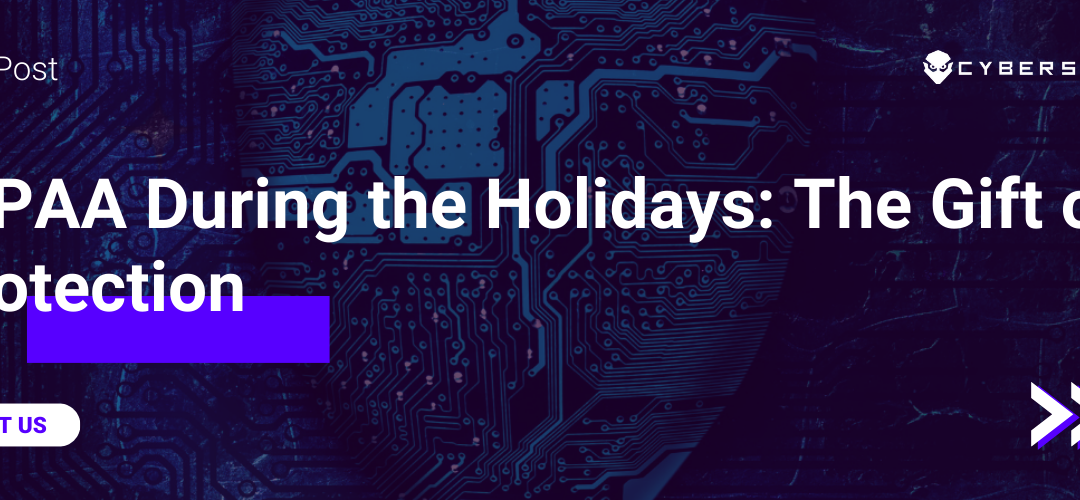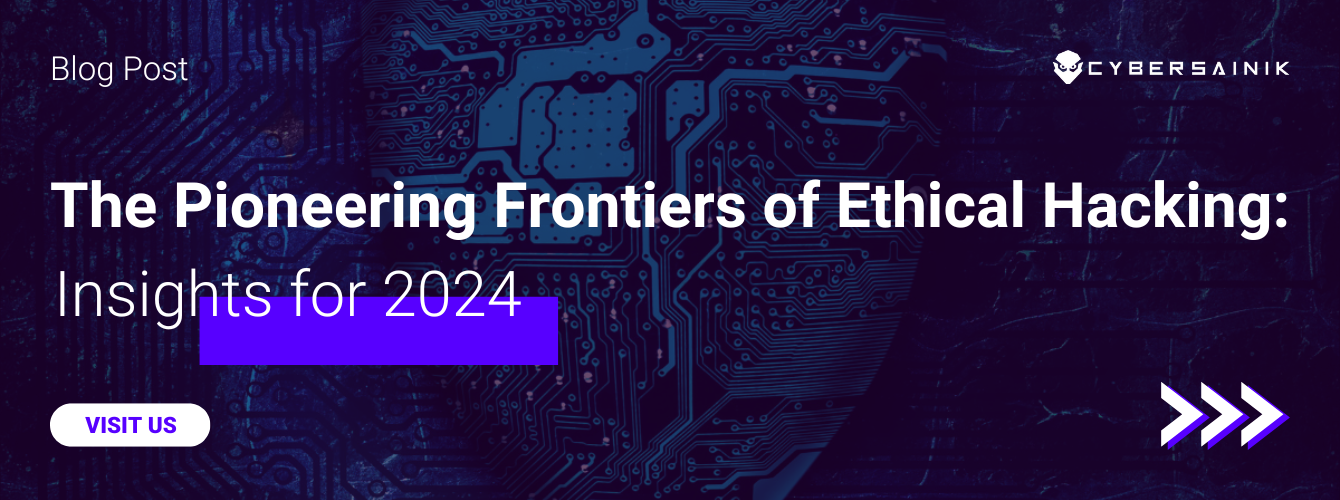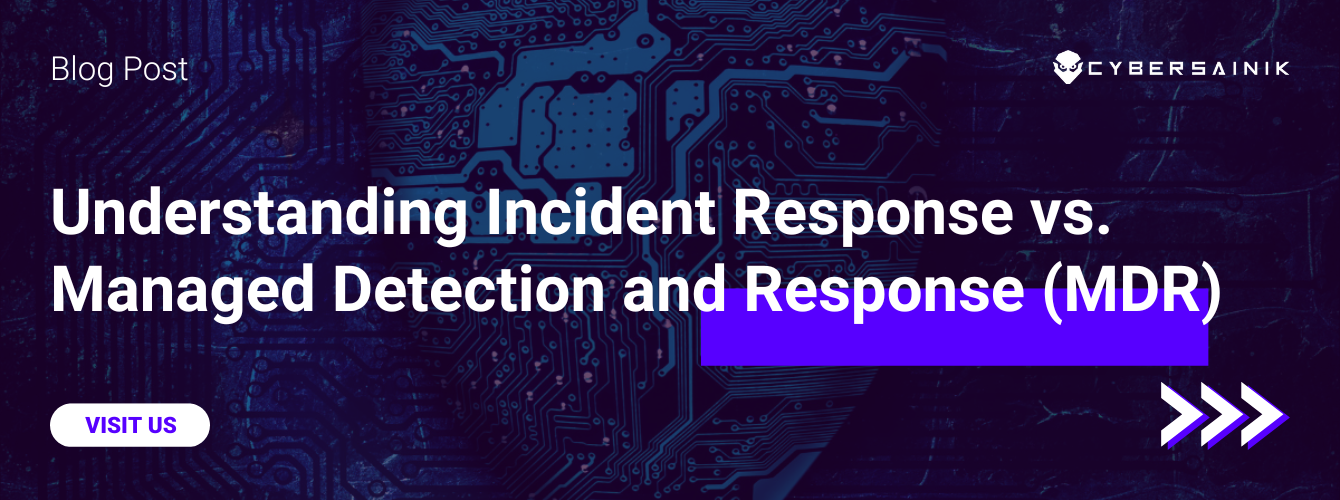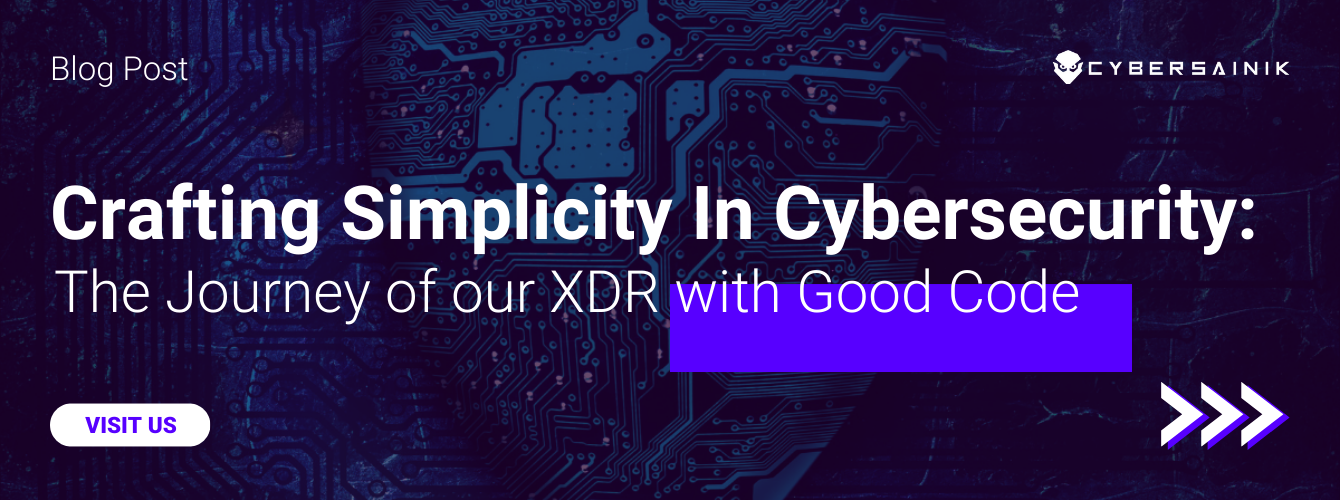The holidays are a time of joy and celebration as many people come together to enjoy family, friends, and festivities during this special time of year. But, did you know that it can also be an opportune moment to ensure the protection of personal health information?
The provisions within HIPAA provide numerous safeguards to help all parties – including healthcare providers, patients, business associates, and other stakeholders – remain compliant with the necessary regulations designed to prevent unauthorized access while honoring patient rights.
This guide covers everything you need to know about HIPAA during the holidays so your organization & its customers can stay safe amidst all the cheer.
What Is HIPAA
Health Insurance Portability and Accountability (HIPAA) is a federal law that provides protection for individuals’ health information, such as patient medical records or other personally identifiable health information.
As part of HIPAA, all healthcare providers are required by law to comply with privacy regulations set forth by the Department of Health and Human Services (HHS). This means they must take steps to ensure any protected health information (PHI) is kept private from unauthorized individuals or entities.
Simply put, HIPAA protects patient privacy through regulation which helps further trust between patients and healthcare professionals while also maintaining overall improvements in quality care throughout our country’s healthcare system.
What Are the Most Common HIPAA Violations?
HIPAA violations occur when individuals or organizations fail to comply with the Health Insurance Portability and Accountability Act (HIPAA) regulations. Here are some of the most common HIPAA violations and their consequences.
1. Failure to Safeguard PHI
The most frequent HIPAA breach is the neglect to protect Protected Health Information (PHI) effectively. Healthcare providers are required by law to protect patient data, but many organizations fail to comply with these regulations.
2. Lack of Administrative Safeguards
Many healthcare organizations lack administrative safeguards for protecting PHI. This can include inadequate risk assessments, lack of policies and procedures, failure to provide staff training on data security, and more.
3. Unauthorized Access
A HIPAA violation occurs when someone other than the authorized user obtains access to a patient’s health information without permission. To prevent unauthorized access, organizations should have robust security measures in place, such as encryption technology and two-factor authentication.
4. Disclosure of PHI
HIPAA requires healthcare providers to only disclose patient information when it is necessary for treatment, payment, or healthcare operations. Organizations must have valid authorization from the patient before disclosing any PHI.
5. Unencrypted Data Transmissions
Although encryption is not required by law, it is important to protect against third-party interception and ensure PHI remains secure. Organizations must take appropriate steps to encrypt all data, including emails and other electronic transmissions.
How to Become HIPAA Compliant
To achieve compliance, the Administrative Simplification Regulations (45 CFR Parts 160, 162, and 164) must be followed. This 115-page document outlines everything needed to become compliant with HIPAA standards and should therefore be thoroughly studied before making any changes.
First step: Assess Current Policies and Procedures
Take time to evaluate your current policies, practices, and technologies in order to assess how they measure up against applicable regulations. Identify gaps between what you currently have versus the requirements outlined in 45 CFR Parts 160, 162, and 164 so that proper measures can be taken to address them.
Second Step: Create Policies & Procedures
You will need to develop a range of different policies and procedures which include areas such as security incident response; authentication protocols; access control; data sharing arrangements between covered entities as well as business partners.
Third Step: Technical Safeguards
Apart from administrative safeguards, technical safeguards are also required under HIPAA compliance rules in order to ensure confidentiality measures like encryption and decryption of protected health information (PHI).
How to Maintain HIPAA Compliance During the Holiday Season
01. Defending Against Ransomware
Ransomware is a popular tactic used by malicious actors to target organizations, particularly those in healthcare and other sensitive industries. Organizations should regularly back up their data and store it off-site or on the cloud. This will give them a way to access their data in the event of an attack.
02. Protecting PHI
Health facilities and practitioners should ensure that they are taking all steps to protect health information (PHI). This includes following HIPAA guidelines for protecting PHI and conducting regular risk assessments to identify any vulnerabilities.
Organizations should also be aware of the potential for unauthorized access during the holidays and make sure that any individuals who are not authorized to access PHI do not have access to the organization’s systems.
03. Physical Safeguards
You should implement physical security measures to protect your systems and data. This includes things like locks, access cards, and alarms. Additionally, ensure that employees are taking all necessary precautions when handling physical media containing PHI.
Talk to Us!
The holiday season is a critical time for HIPAA compliance. Organizations should take extra steps to ensure that PHI remains secure and private, as well as follows all regulations to maintain compliance.
If you feel like your organization needs help achieving and maintaining HIPAA compliance, we encourage you to reach out and schedule a consultation with the experts at Cyber Sainik. With our help, you can rest assured that your organization is properly protected and compliant with all applicable HIPAA regulations.




